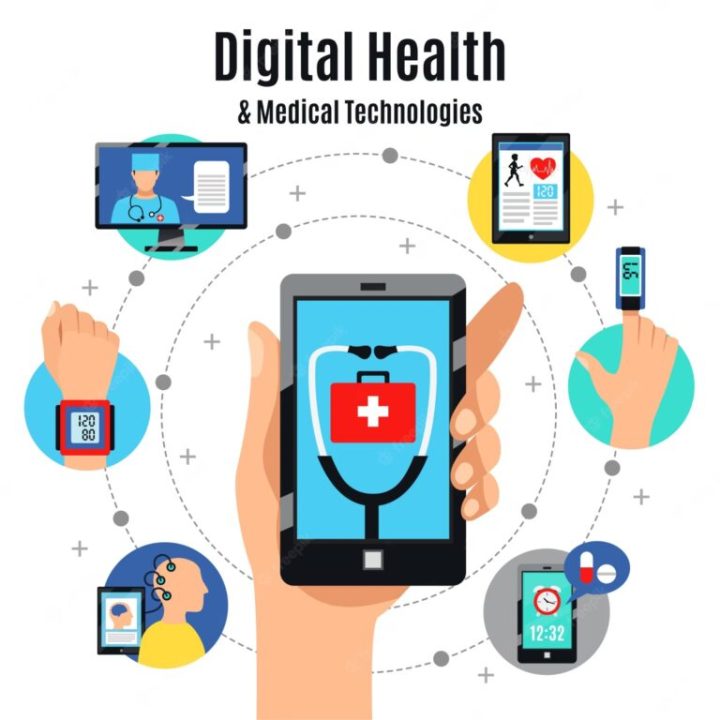Exploring digital health in Finnish primary care

Imagine a healthcare system trying to keep up with new tech innovations while also taking care of everyone. That is what Finland’s primary care scene looks like. But with all these changes, we have got questions: How do digital services help patients? What makes people use them? And importantly, how can we ensure equal access for all?
Digital services in Finnish primary care are revolutionizing healthcare. But what exactly is digital health? Simply put, digital health uses technologies like mobile apps, telemedicine, and wearable devices to manage health and wellness. This definition, based on Ronquillo et al. (2023), helps us understand the broad scope of digital health and its potential impact.
For instance, think about remote areas in Finland where access to healthcare facilities is limited. Digital health services, such as telemedicine, can bridge this gap by providing virtual consultations. This not only saves travel time and costs for patients but also ensures that they receive timely medical advice. Another example is the use of mobile health apps that allow patients to monitor chronic conditions like diabetes or hypertension. These apps can provide real-time data to both patients and healthcare providers, facilitating better disease management and preventing complications.
What is the plan? We are not just skimming the surface here; we are diving deep. Through in-depth data analysis, we will figure out what is going on with digital health in Finland’s primary care. We will analyze patient data from electronic health records, usage statistics from telemedicine services, and survey responses about patient experiences to find patterns of utilization. We will use a few regression models to identify these patterns and understand the relationships between different variables, such as patient demographics, types of digital services used, and health outcomes. Regression models are statistical tools that help us understand the relationship between different variables. By examining these relationships, we can identify what factors influence the effectiveness and adoption of digital health services.
So, why should you care? Understanding digital health is not just about numbers – it is about people. It is about making sure everyone, no matter who they are or where they live, can get good care. By looking into this, we are not just learning; we are making a difference.
Viet Nguyen
I am a doctoral researcher in health economics at the University of Turku. My research interests lie in exploring how digital services can improve healthcare delivery and outcomes, with a focus on ensuring equal access for all.
Reference:
Ronquillo Y, Meyers A, Korvek SJ. Digital Health. [Updated 2023 May 1]. In: StatPearls [Internet]. Treasure Island (FL): StatPearls Publishing; 2024 Jan-. Available from: https://www.ncbi.nlm.nih.gov/books/NBK470260/
